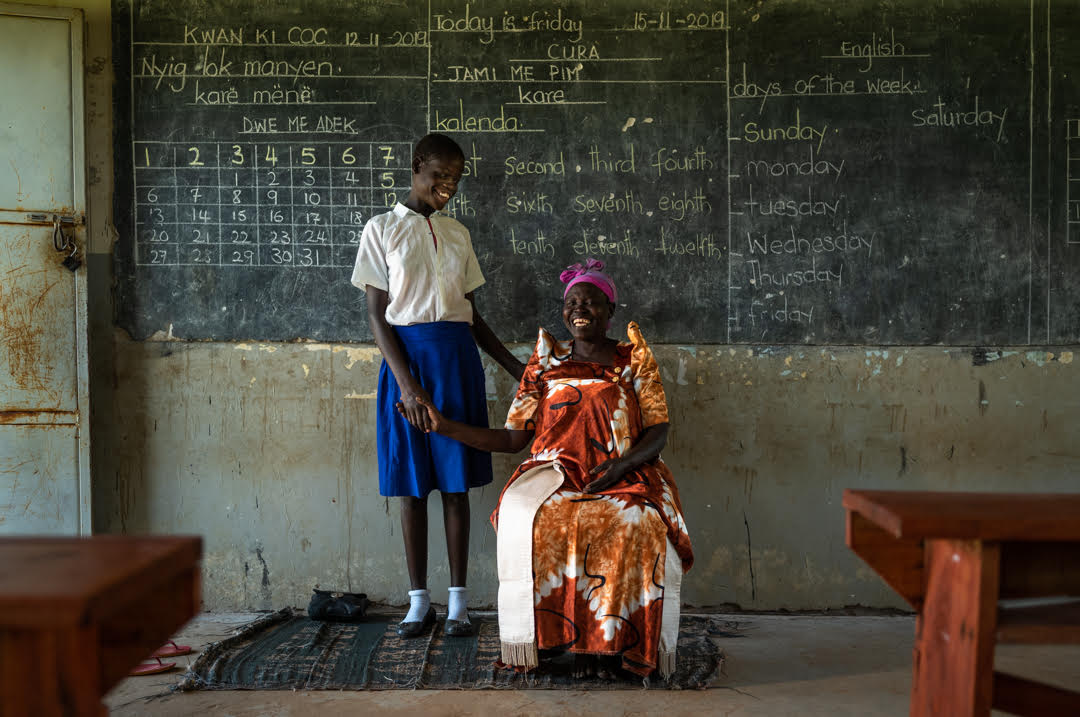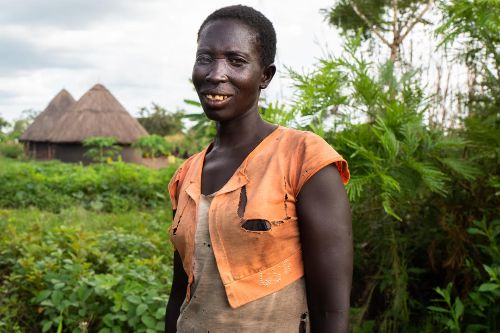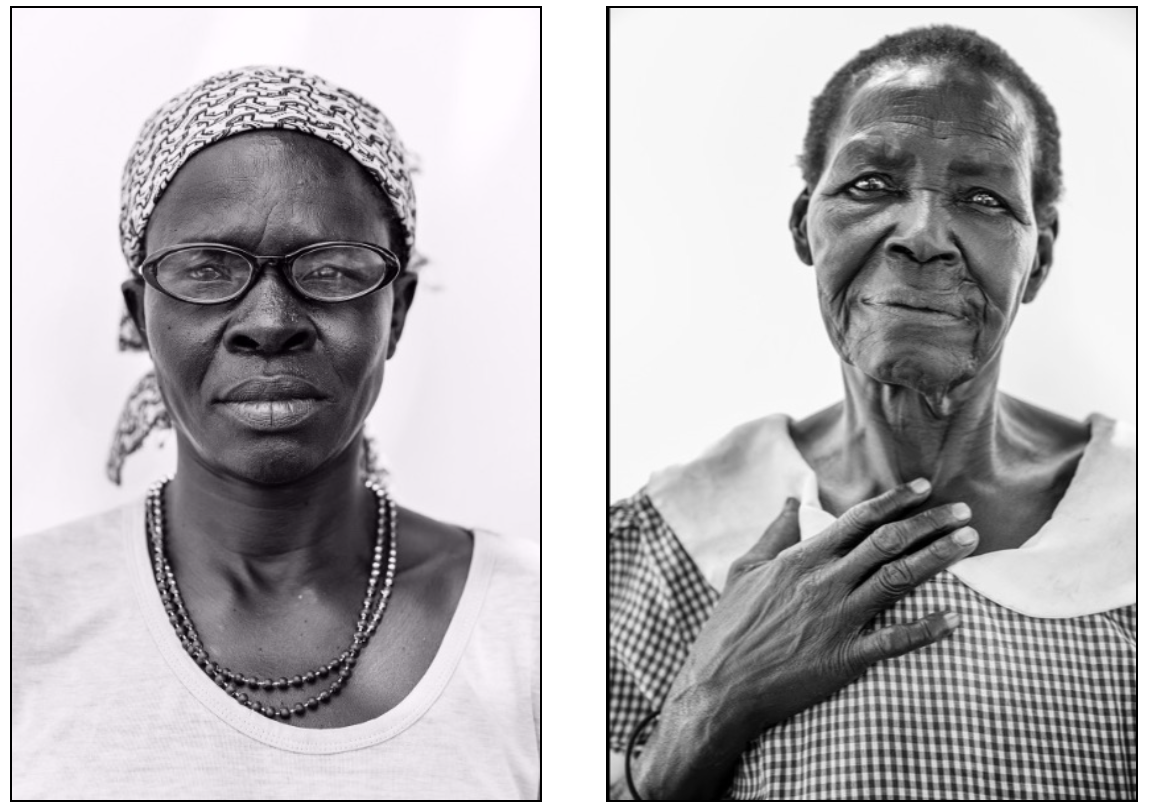Dear Friends of African Women Rising, I have been feeling a bit stuck lately. In…
Join our campaign to build 2,000 new Permagardens
Dear Friends of African Women Rising,
The restriction put in place to prevent the virus from spreading in Uganda have been effective. So far the number of cases in Uganda is 1,043. This is out of a population of 43 million people. Compared to many other countries in Africa and across the world they have been successful. It is well understood an outbreak in Uganda could easily become a humanitarian disaster. The health care system is in no position to respond to a large number of infections. Uganda is also hosts to millions of refugees, many with compromised immune systems and living in extremely crowded situations. An outbreak in these circumstances would be detrimental.
Yet, the consequences of the shutdown have been severe. We are at risk of losing years of development progress. As families are no longer able to earn an income they are selling off assets and moving into high risk endeavors such as charcoal burning, brewing alcohol and, in some cases, sex work. It will take a long time for families to recover, even with a fully open economy. We are especially worried about the large number of girls who will most likely not be able to go back to school, given the lack of resources available to pay for their fees.
We are ramping up the Permagarden to help the most vulnerable families have access to sufficient food. The gardens can also provide much needed extra income.
We hope you can join our efforts.
Join our campaign to build 2,000 new Permagardens. It will help feed 15,000 at risk people who are experiencing food scarcity due to COVID-19. Permagardens empower communities to meet their own food needs and is a long-term solution to hunger.

Margaret has not been able to sell her fish at the local market for two months now. The restrictions put in place to prevent COVID-19 from spreading in Northern Uganda have had devastating consequences for her and her household. With no other income the family is struggling. Margaret is old and doesn’t have the strength to work in the field. Her husband is blind and not healthy, leaving Margaret as the main caretaker and breadwinner for the eight grandchildren in their care. They have reduced food intake to once a day.
This is the situation for many of the women in our communities. The restrictions are also affecting the 1.4 million South Sudanese refugees in the region as they are unable to access markets, agricultural fields or other sources of income. To compound the situation, the World Food Program has reduced food distributions due to lack of funding. Refugees receive food once a month but it only last 2 weeks.
As a response, African Women Rising is rapidly increasing the scale of our Permagarden program to reach the most vulnerable and food insecure families both in the refugee camps and in the host communities. A Permagarden is a proven, regenerative approach that can start producing food within two weeks and can support a family for years to come.
To reach 2,000 more vulnerable families (impacting upwards of 15,000 individuals) we need to raise USD $200,000
The cost of one garden is only $100. This includes:
three separate trainings each lasting three days,
seeds and fruit trees, and
monthly visits and technical support for one year
Mary started her Permagarden in 2014. As a landless widow taking care of four grandchildren her life can be a challenge. Her Permagarden is right next to the house and bursts with production throughout the year. She grows papaya, tomatoes, pumpkins, four kinds of leafy greens, onions, yams, peppers, okra, passion fruit and citrus. On 15’x15’ she is able to produce enough to always have something to eat. There is even extra food that she has been selling at the market and to neighbors. With that weekly income she has been able to buy basic items such as salt, soap and school supplies. She has also invested in chickens and goats.
Mary’s success is not an exception. Results like these are common in our Permagarden program and we have data to prove it. Families become food secure, have new income, are able to invest in assets, can send children to school and pay for medical care. The Permagardens can provide relief in time of instability, relief that is not simply a Band-Aid but provides long-term solutions.
Help us spread Mary’s success to those who need it most. Your support can go a long way to ensure that women like Margaret have the tools and skills they need to provide for their families now and well into the future.
Thank you.
Linda and the AWR team




This Post Has 0 Comments